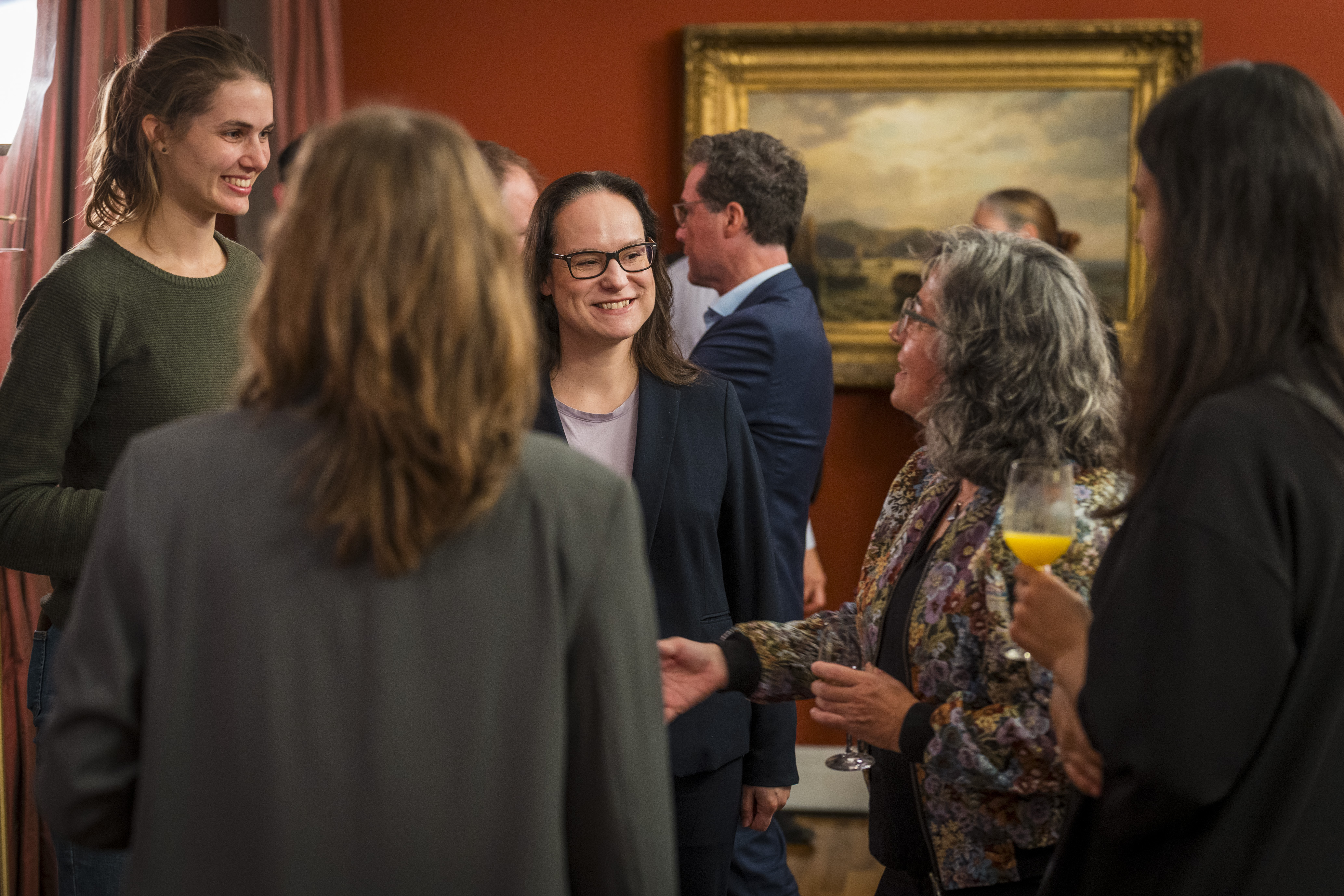Helmholtz Stakeholder Workshop on the REACH Revision: (How) Can Chemical Pollution, Competitiveness, and New Approach Methodologies Be Aligned?
European Liaison Office of the German Research Organisations (KoWi), Rue du Trône 98, Brussels

We are pleased to invite you to our EU Stakeholder Workshop in Brussels on April 10, 2025, where we will examine key positions and possible compromises regarding the upcoming REACH revision. Bringing together around 25 participants from civil society (NGOs), legislation and regulation, industry and trade associations, as well as research and academia, the workshop will provide a platform for open and constructive discussions. The focus will be on striking a fair balance between regulatory requirements and industry needs. Rather than pursuing ideal solutions, we seek to identify practical agreements that reflect stakeholders' key priorities. We are engaging diverse stakeholder groups to identify both practical compromises and fundamental red lines in the REACH revision process. Our goal is to detect potential weaknesses in the proposed legislation early on and develop effective strategies to address them. The discussions will be assessed using a discursive agency approach, and the findings will be compiled into policy recommendations for submission to the European Commission.
Background
In collaboration with various Helmholtz partners, we are working on the Modernizing Hazard Indicators (ModHaz) project, which seeks to refine assessment indicators and integrate them into broader discussions on chemical pollution and competitiveness. Over the past 15 months, we have organized a series of workshops and a parliamentary event in the German Bundestag with stakeholders from Germany, focusing on EU chemicals policy and new approach methodologies (NAMs). The key insights from these discussions have been compiled into a policy brief (see attached documents), which is particularly relevant in light of the anticipated REACH revision proposal in Q4 2025.
We look forward to an engaging discussion and hope you will join us.
Ana Zenclussen
Andreas Krell
Angela Agostiano
Beate Escher
Chiara Capodacqua
Chloe Johnson
Erika Clerici
Erika Martinelli
Evi Moutsipai
Gabriel Gomez
Julia Hermine Hoffmann
Julia Pochat
Julian Schenten
Marie Heidenreich
Martin Silic
Martina Fenske
Michael Schloter
Niccolò Mazzocchetti
Olwenn Martin
Peter Dr. Clausing
Pia-Johanna Schweizer
Ralf Ebinghaus
Sebastiano Michelotti
Sina Leipold
Tamara Zietek
- +16
